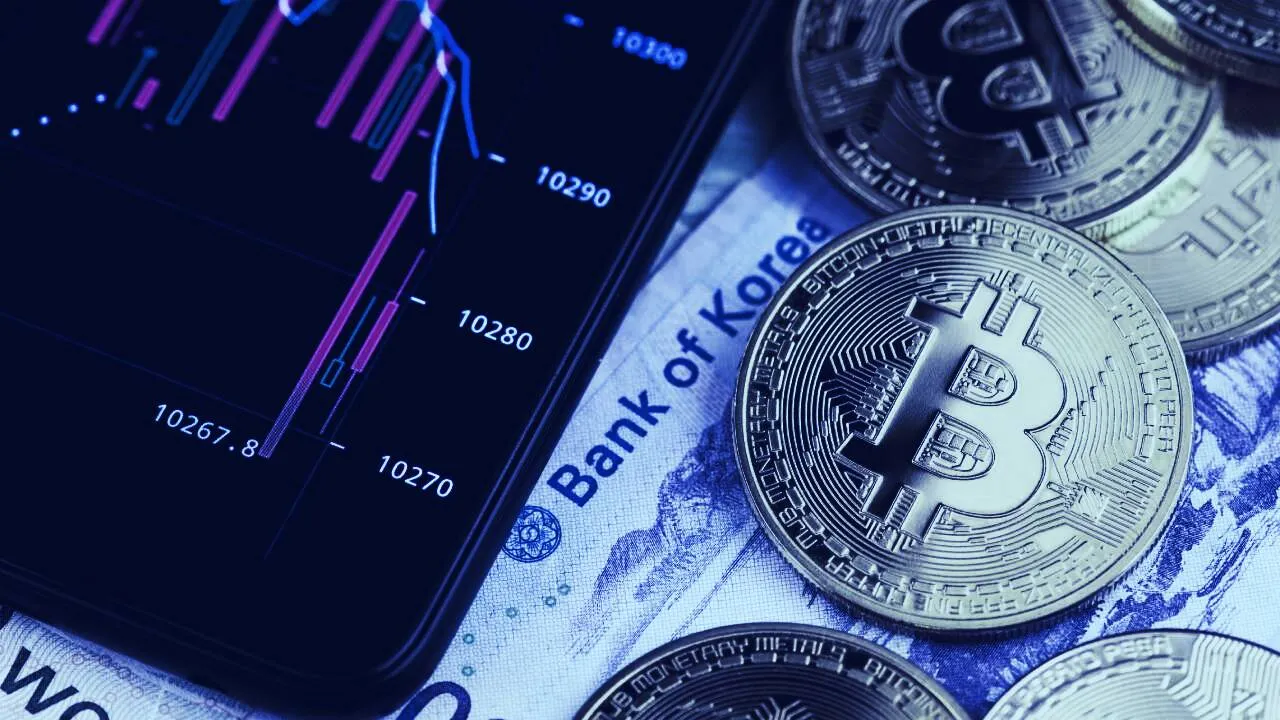In brief
- Crypto exchanges including Binance and Coinbase are expanding their operations in Asia.
- While Binance is launching in South Korea, Coinbase and BitMEX are looking to invest in Japan and India respectively.
- The exchanges are capitalizing on increased regulatory clarity for cryptocurrencies across Asian markets.
Although the global crypto market is in the throes of a slump, crypto exchanges including Binance and Coinbase are pressing ahead with plans to expand into the Asian market.
Thanks to growing regulatory certainty, the past month has seen three exchanges either moving to or investing in South Korea, Japan, and India.
Binance launches in South Korea
April 6 will see the official launch of Binance Korea with fiat deposits, enabling local users to trade using BKRW, a stablecoin pegged to the South Korean won.
Unlike UPbit and Bithumb, Binance Korea is allowing users to deposit funds to a designated bank account. When the transfer is verified, users are credited with BKRW to trade cryptocurrencies on Binance.
Whether Binance Korea will be able to compete against the big four exchanges in the local market without a full partnership with a local commercial bank remains to be seen.
The key difference between Binance Korea and local exchanges is that Binance supports the trading of Tether (USDT). Other than that, the inability to support direct fiat deposits and withdrawals would remain as a disadvantage to top local exchanges.
Coinbase and BitMEX target Japan and India
Coinbase has been actively preparing to enter the Japanese market, joining the Japan Virtual Currency Exchange Association (JVCEA) on March 2. The firm’s participation in the JVCEA demonstrates its intent to establish an exchange in Japan. Two years ago, Coinbase established an office in Japan with Nao Kitazawa as its head.
Last month also saw BitMEX invest in CoinDCX, a major Indian cryptocurrency exchange that remained open throughout the Reserve Bank of India’s prohibition on crypto trading—which has since been overturned.
Asia embraces regulatory clarity
The exchanges’ moves into Asia coincide with increased regulatory clarity in the region. Japan has led the way in crypto regulation, encouraging the G20 to regulate crypto exchanges with tightened anti-money laundering policies. South Korea recently passed the Special Financial Information Law, officially legitimizing the crypto exchange market in the country for the first time.
In India, the Supreme Court has overturned the Reserve Bank of India’s ban on crypto trading, prompting speculation that the country’s crypto exchange market could return to the heights of 2017 to 2018, when the country accounted for a large portion of the cryptocurrency exchange market.
Daily Debrief Newsletter
Start every day with the top news stories right now, plus original features, a podcast, videos and more.

